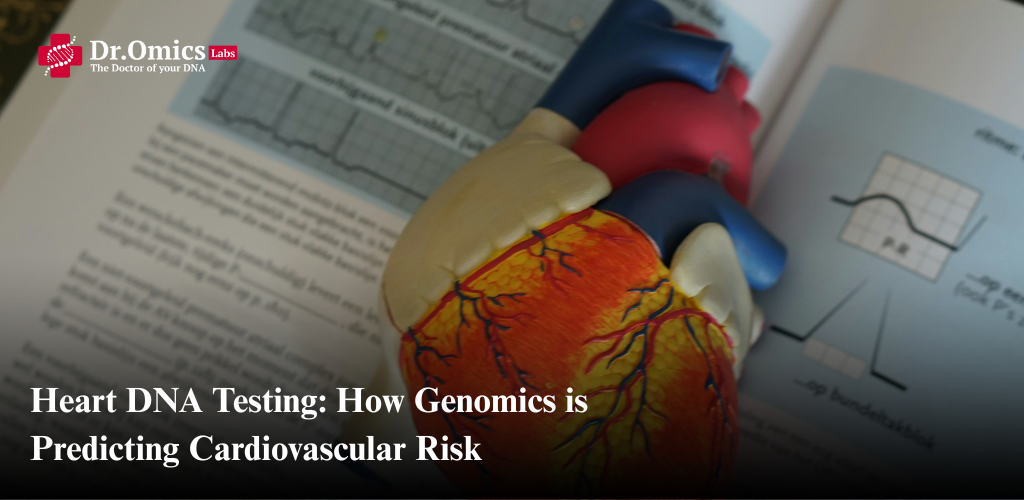Heart disease is the leading cause of death worldwide, yet many people don’t realize that the key to prevention might already be written in their genes. Thanks to recent advancements in cardiovascular genomics, healthcare providers can now use DNA to predict an individual’s risk for developing heart-related conditions. Through tools like the heart DNA test, we’re entering a new era of medicine—one that’s proactive, personalized, and guided by science.
What is Cardiovascular Genomics?
Cardiovascular genomics is the study of how genetic variations influence the development, progression, and treatment of heart disease. While lifestyle factors like diet, exercise, and smoking certainly play a major role, your DNA can also determine how susceptible you are to heart problems. Genes can affect everything from cholesterol levels to blood pressure, artery function, and heart structure.
In cardiac genetics, researchers and clinicians examine specific mutations or inherited traits that may increase the likelihood of conditions such as high blood pressure, coronary artery disease, arrhythmias, cardiomyopathy, or even sudden cardiac death.
How a Heart DNA Test Works
A heart DNA test typically involves a non-invasive sample collection, such as a cheek swab. The test is analyzed in a certified lab to identify genetic markers associated with cardiovascular risk. These markers may include:
- Genes involved in cholesterol metabolism (e.g., LDLR, PCSK9)
- Genes that influence inflammation (e.g., IL6)
- Blood pressure regulation genes (e.g., AGT, ACE)
- Structural heart genes linked to conditions like hypertrophic cardiomyopathy
The results can reveal your unique genetic risk for heart disease, empowering you and your doctor to take preventive action even before symptoms arise.
Benefits of Knowing Your Genetic Risk for Heart Disease
Understanding your genetic risk for heart disease can help you:
- Begin early lifestyle or medication interventions
- Get routine screenings and monitoring
- Make informed choices about diet, exercise, and supplements
- Share essential genetic information with family members who may also be at risk
For example, if your test shows a predisposition to higher LDL cholesterol, your doctor might recommend early statin therapy or dietary changes—even if your current levels are within the normal range.
Precision Cardiology: The Future of Heart Health
Welcome to the age of precision cardiology, where treatment and prevention plans are tailored to each individual based on genetic insights and personal risk profiles. Gone are the days of “one-size-fits-all” heart care. Now, with help from cardiovascular genomics, cardiologists can develop more accurate, personalized strategies for their patients.
This shift empowers patients to be proactive rather than reactive, catching silent or hereditary risks long before they become life-threatening events.
Conclusion
Your DNA plays a powerful role in determining your heart health. Through innovations in cardiovascular genomics, tools like the heart DNA test help uncover your genetic risk for heart disease, providing deep insight into your unique heart profile. Whether you’re managing a family history of cardiac conditions or simply aiming for a proactive peace of mind, this is a vital step in heart health.
The integration of cardiac genetics with preventive medicine is shaping a smarter, more effective future, one that begins with precision cardiology and ends with healthier hearts.




